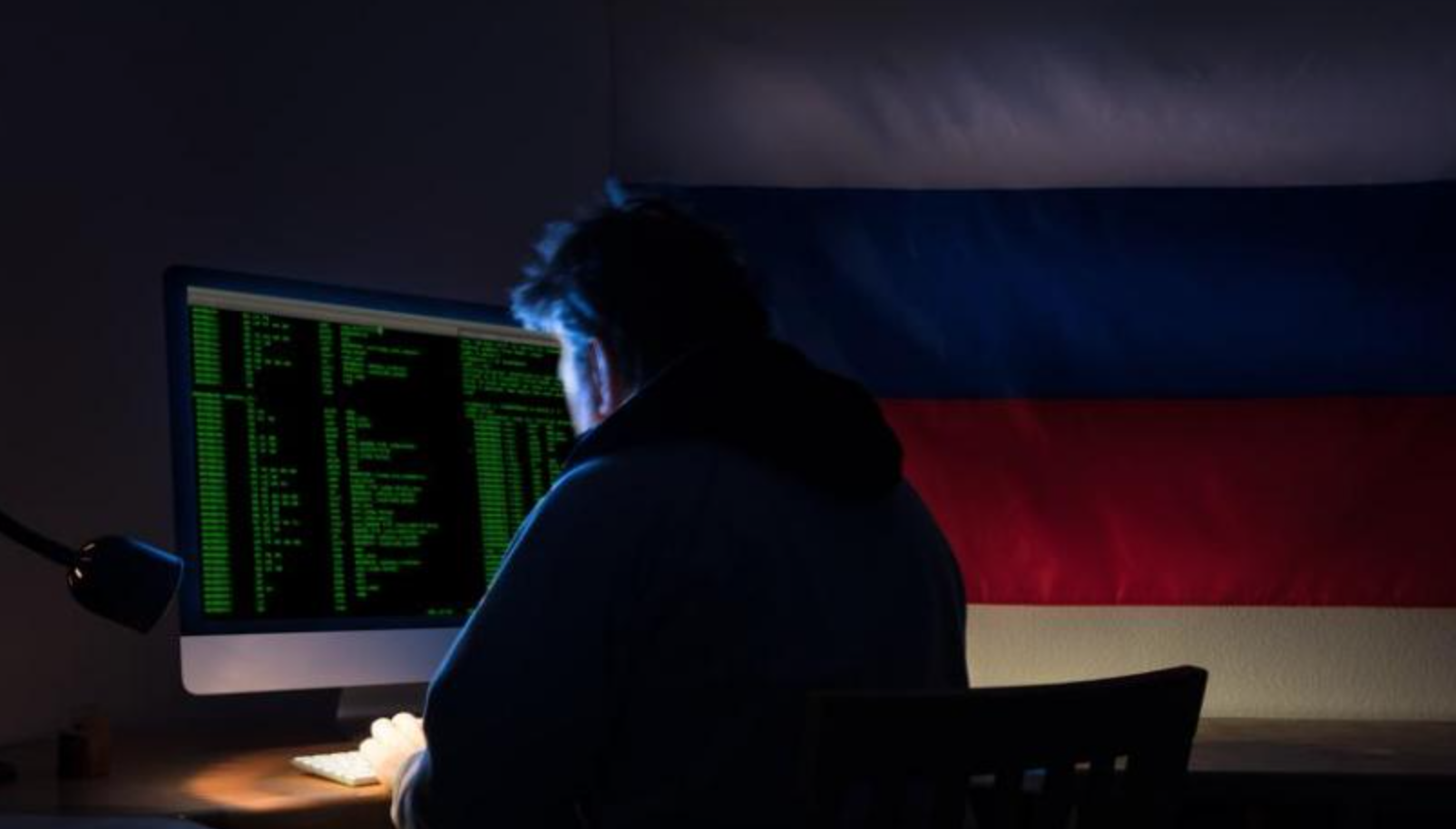Russian bots promoted in the 2022 elections the now president Gustavo Petro and could have influenced his victory, according to the interpretation of some politicians and media of the Twitter Files. There is nothing new about this news. In fact, the alleged interference from 2017 to 2021 in presidential elections and social outbursts in Mexico, Colombia, Chile, and Catalonia had already been suggested. On both occasions, the media and political parties’ claims have lacked sufficient evidence to claim a direct link to the Kremlin-sponsored Russian troll farms.
These accusations are not accidental. Interference in electoral processes, disinformation or fake news, and cyber-attacks are some of the modalities of information warfare employed by Russia around the world. These actions are characterized by the strategic and coordinated use of automated accounts (bots) or fake accounts to manipulate the debate in social networks. The platforms where these operations have been most common are Facebook and Twitter, which have referred to them as Coordinated Inauthentic Behavior (CIB) and Coordinated Harmful Activity, respectively.
Since 2010, Mexico has been the epicenter of these operations with Russian bots, which have also allegedly been used in Vietnam, Turkey, and the United States. However, some experts such as Alberto Escorcia do not directly accuse the Kremlin, but rather the private disinformation industry or also known as “digital mercenaries” composed mainly, but not exclusively, of digital marketing agencies and hackers that have been hired by political parties and businessmen. Carlos Melo, director of VictoryLab, also known as the King of Fake News, has stated that his success in this type of operation is due to the purchase of fake accounts of Russian origin, which he renames in Spanish and uses to his advantage to position trends on the Internet inorganically.
Exaggeration, suspicion, or threat?
Political polarization and controversies over effective and transparent content moderation on platforms such as Twitter and Facebook are not a phenomenon exclusive to the United States. This time, the information that Twitter owner Elon Musk has provided to independent journalists such as Matt Taibbi (some labeled as Republicans) includes the region.
This journalist published a thread showing how Twitter dealt with requests from political parties and intelligence agencies to moderate or remove certain types of content. Such requests reveal, among other things, that the Democratic Party sought to favor and even cover up its own, and the lack of technical evidence from intelligence agencies to request modifications to particular user accounts or trends on the platform.
This thread has a request made by an intelligence agency to monitor hashtags and user accounts from Cuba, Venezuela, and Colombia. There appear some trends that there were in the latter as #PactoHistórico, #PetroPresidentedeColombia2022, or #PetroPresidente2022 and nine Twitter user accounts for allegedly having inauthentic behavior.
This led to numerous journalistic notes and publications in Colombia by some opposition politicians, who claim that there was Russian interference in the 2022 elections. These assertions are exaggerated since the information provided by Taibbi suggests that there is not enough evidence to affirm that there was an influence campaign directed by the Kremlin. Moreover, there are doubts about the reach of these “operations”, since only 4% of the population uses this social network.
However, what is true about the intelligence agency’s suspicions? Following only two of the twelve criteria proposed by the Digital Forensic Research Laboratory (DFRLab), of the Atlantic Council, to identify inauthentic behavior in users, i.e., suspicious characteristics to be potential bots, it can be seen that the suspicions of the intelligence agency are not unfounded, since some of these accounts have a disproportionate number of publications, and their activity schedules are dubious. Now, to claim that they are a threat of Russian origin is an exaggeration. For this, a deeper and more technical investigation is required, which is unlikely to be carried out due to its high economic costs, in order to determine whether such a connection exists.
Politics, money, and disinformation
The Colombian media and political narrative focus attention on disinformation as a problem exclusively of fake or automated accounts of foreign origin. However, the real threat, according to Camille François, CIO of cybersecurity firm Graphika, can be found domestically, as was the case in the 2016 U.S. election. By that she means authentic accounts, from real people such as politicians who were elected nationally, who shared their “genuine opinion” and it was inaccurate or false, but disseminated as truth. This domestic threat minimizes but does not eliminate, the responsibility that the alleged foreign interference in the elections and its capacity to determine national political events may have.
It is worth mentioning that this is not the only connection that may exist with foreigners in the private disinformation industry. In the past, Colombian hacker Andrés Sepúlveda warned about how he hired servers located in Russia and Ukraine, with the purpose of disseminating rumors about leftist or progressive leaders and, thus, destroying them politically.
Finally, the phenomenon of disinformation in electoral processes is a political risk for the region in 2023. The situation in Colombia is just the start, given that the main course has been the elections in Brazil and the coup attempt by Bolsonaro’s supporters, who alleged early electoral fraud. We must be attentive to what may happen in Argentina, Guatemala, and Paraguay in this matter. Although bots don’t vote, they can synchronize collective thinking in social networks and manipulate the digital debate.
*Translated from Spanish by Janaína Ruviaro da Silva











